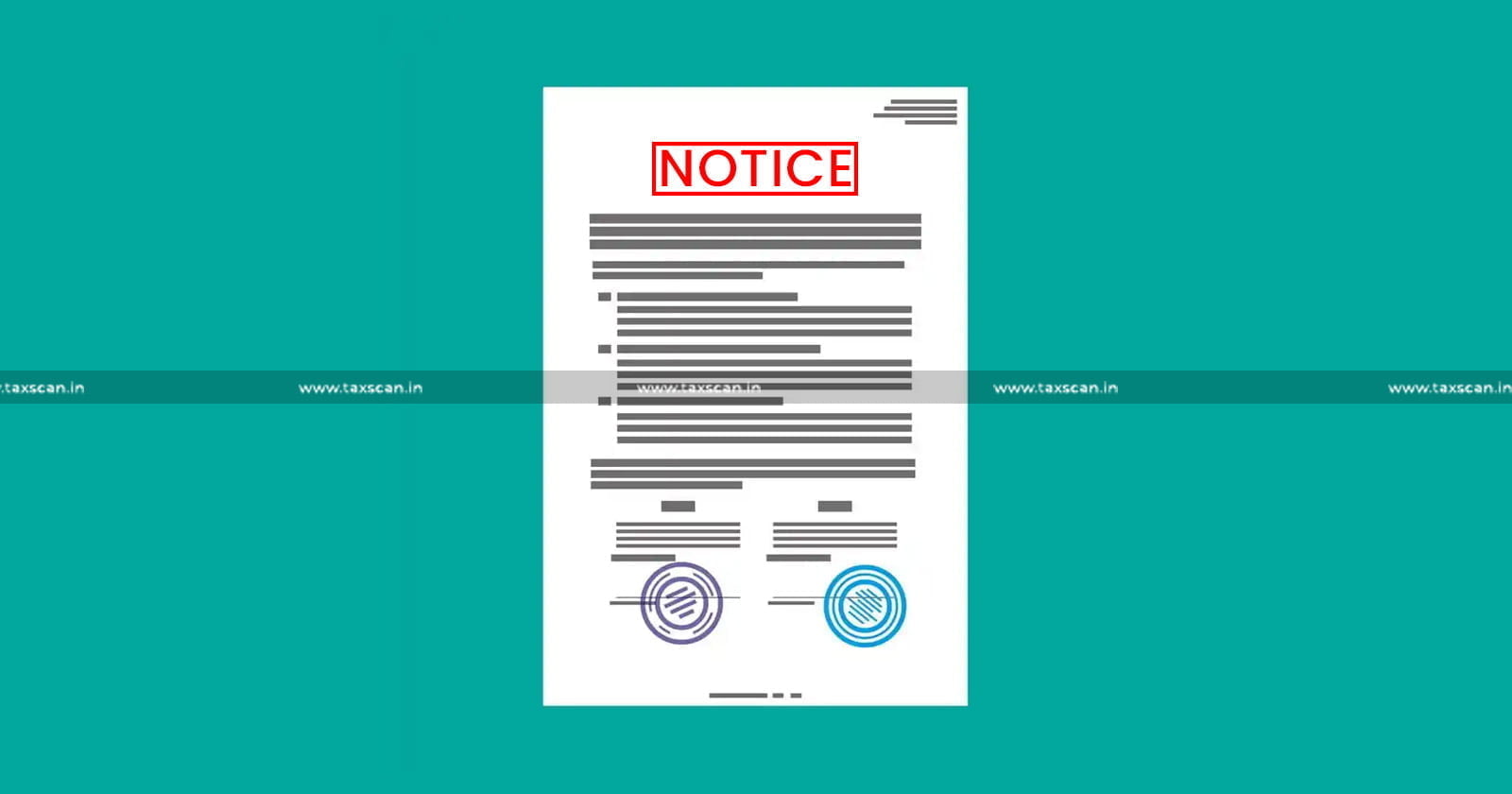Bogus Accommodation Entries for Purchases: ITAT Restricts Unexplained Credit Addition to ₹12.50 Lakh Estimating Profit Element on Inflated Purchases [Read Order]
The Tribunal restricted the unexplained credit addition to Rs. 12.50 lakh and estimated the profit element embedded in bogus purchases through accommodation entries.
![Bogus Accommodation Entries for Purchases: ITAT Restricts Unexplained Credit Addition to ₹12.50 Lakh Estimating Profit Element on Inflated Purchases [Read Order] Bogus Accommodation Entries for Purchases: ITAT Restricts Unexplained Credit Addition to ₹12.50 Lakh Estimating Profit Element on Inflated Purchases [Read Order]](https://images.taxscan.in/h-upload/2025/07/23/2067954-itat-jaipur-bogus-purchases-taxscan.webp)
The Jaipur Bench of the Income Tax Appellate Tribunal (ITAT) restricted the addition of unexplained credits to Rs. 12,50,000/- and estimated the profit element on inflated purchases obtained through bogus accommodation entries, while deleting the bulk of the Rs. 4,05,71,650/- addition made by the Assessing Officer (AO).
Vinod Gupta (assessee), proprietor of M/s Uma Traders engaged in agro-based trading, faced reassessment for Assessment Year (AY) 2017-18 based on information from a survey under Section 133A conducted on November 30, 2018, at premises linked to Shri Ashok Kumar Gupta and associates.
Affective Ways Of Tax Planning for HUF, Partnership Firm and Will - Click Here
The survey revealed accommodation entries for non-genuine purchases and sales provided to various parties, including the assessee, through entities like Umesh Kumar Vivek Kumar, SA Agro International, and Mahaveer Prasad Suresh Kumar, controlled by Ashok Kumar Gupta.
The AO added Rs. 4,05,71,650/- as unexplained credits under Section 68 by treating the purchases as bogus, based on statements recorded during the survey and digital evidence. The assessee failed to reply to Section 143(2) and a show-cause under Section 144, leading to an ex-parte best judgment assessment.
Aggrieved by the AO’s order, the assessee appealed to the Commissioner of Income Tax (Appeals) [CIT(A)], who set aside the assessment under Section 251(1)(a) and directed fresh adjudication by the AO, citing the ex-parte nature and need for further verification. Aggrieved by the CIT(A)’s order, The assessee appealed to the ITAT.
The assessee argued that purchases were genuine, supported by bills, book entries, cheque payments, and quantitative details, with no inflation in prices or suppression of production found.
The assessee contended that Section 68 does not apply to credit purchases, and sales already reflected in books cannot be added again, as it would amount to double taxation. The assessee cited precedents like CIT vs. Vijay Proteins Ltd. and Madhu Solanki vs. ITO, where additions on bogus purchases were restricted to the profit element.
The two-member bench comprising Gagan Goyal (Accountant Member) and Narendra Kumar (Judicial Member) observed that while the purchases were bogus, inflating expenses via fictitious invoices, only the embedded profit element warranted addition, not the entire amount, to avoid double taxation on sales.
The bench estimated the profit at Rs. 12,50,000/-, aligning with similar cases restricting additions to 12.5% for bogus purchases relying on Gujarat High Court decisions like Kashhiram Textile Mills and others.
Tax Planning For Trusts and cooperation Societies - Click Here
 Also Read:Telangana HC quashes Non-Faceless Income Tax Notices, rebukes Dept. for not following Established Precedents [Read Order]
Also Read:Telangana HC quashes Non-Faceless Income Tax Notices, rebukes Dept. for not following Established Precedents [Read Order]
The Tribunal dismissed additional grounds on jurisdiction for reopening and approval authority, as not pressed by the assessee. It directed the AO to recalculate accordingly and disposed of the appeal. The appeal of the assessee was partly allowed.
Support our journalism by subscribing to Taxscan premium. Follow us on Telegram for quick updates


